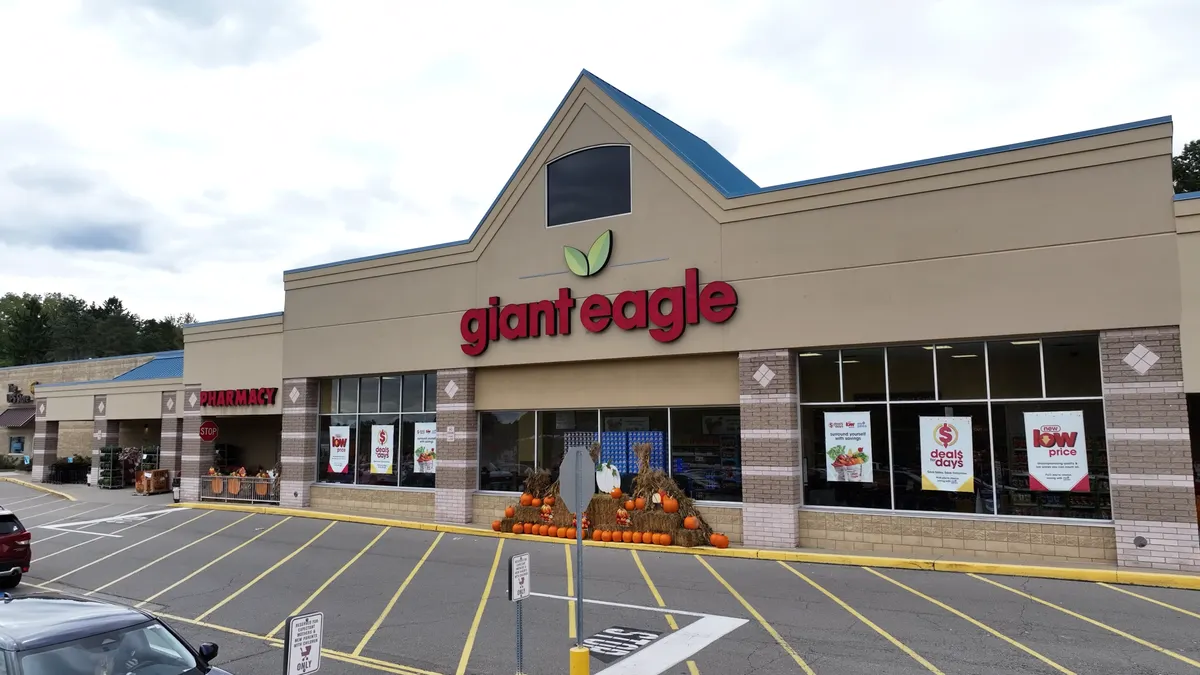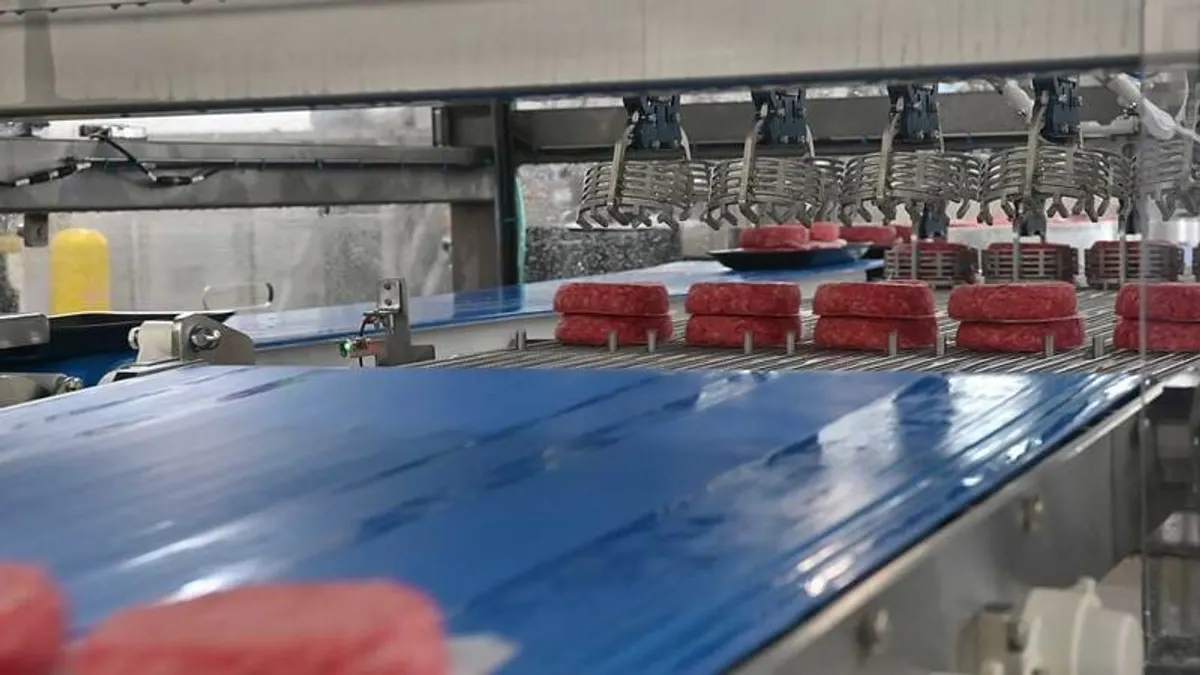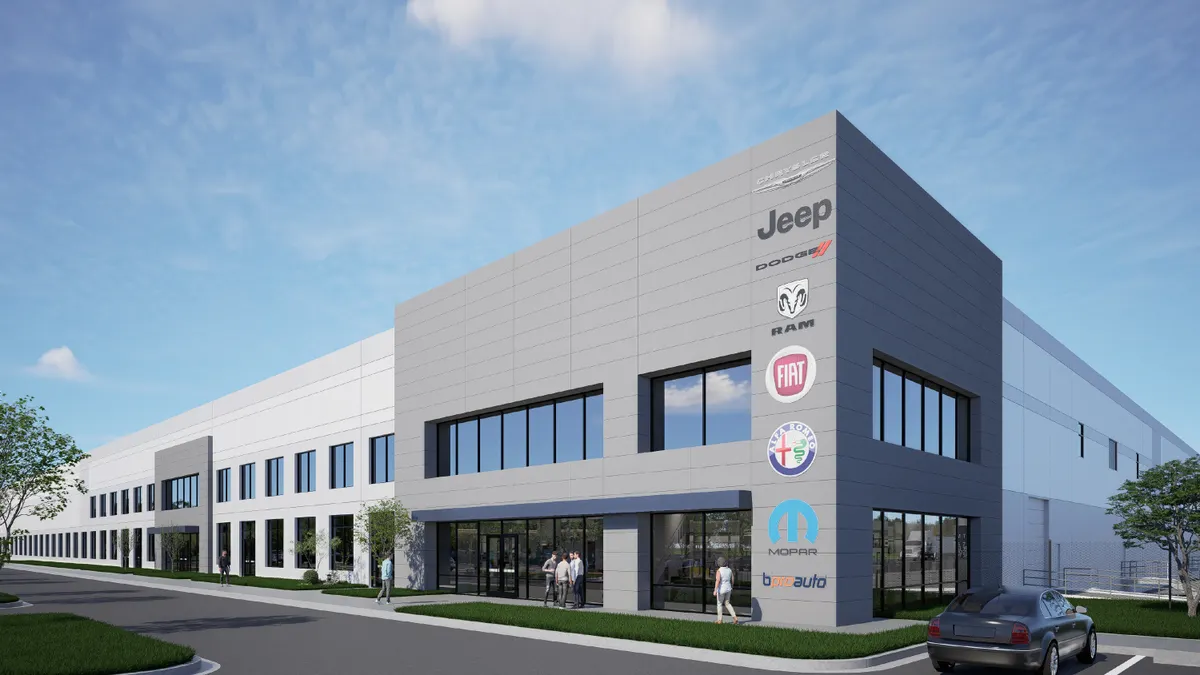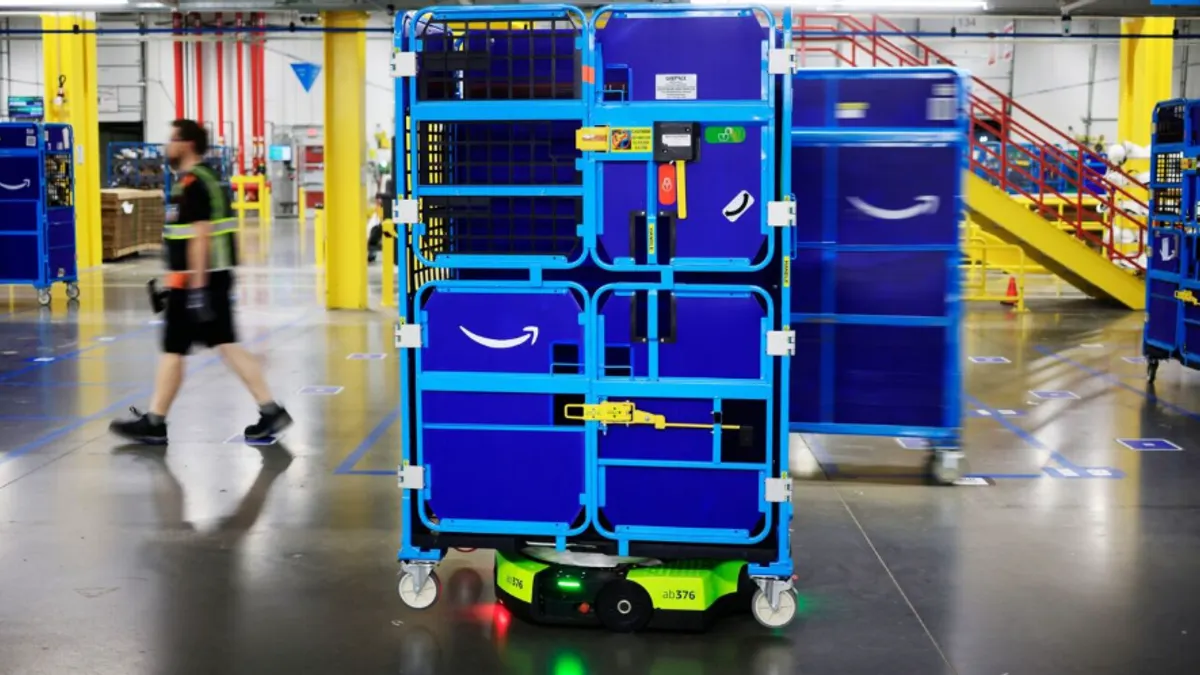Editor's Note: The following is a weekly column covering technology and regulation within the supply chain and logistics industries.
Cohn: Tit-for-tat tariffs are just Trump's way of negotiating more balanced trade
In a Q&A session with the Washington Post's White House economic policy reporter Damian Paletta, former National Economic Council Director Gary Cohn spoke to a number of hot supply chain topics. Here's a quick roundup of what he said:
On the Republican tax law: "I believe the tax law has given corporations an enormous incentive to build new factories and invest in the U.S. We are confident the new tax cut will create investment, which will create jobs, which will create more revenue. If we got this right, we're going to see less revenue in the beginning, more revenue in the end."
On global trade: "We need to move to a global environment where we all trade freely and competitively with each other and gravitate to our natural competitive advantages, and so we'll have trade surpluses and trade deficits with different countries."
On a potential trade war: "We are a consumer-driven economy, so if you put tariffs on products consumers want, they'll buy less or go into debt. If you end up with a tariff battle, you will end up with price inflation, and you could end up with consumer debt. Those are all historic ingredients for an economic slowdown [which could] wipe out the benefits of the tax law."
On infrastructure: "The whole infrastructure discussion was not handled as well as we could have handled it. We didn't do a good job of bringing it all together. There was never a debate on whether [our nation's] infrastructure is obsolete or not, it was all about who is going to pay for it and how we are going to pay for it."
The Reaction: Cohn said he understands where President Trump is coming from — Trump is trying to grow the U.S. economy, and addressing inadequacies in U.S. trade relationships is necessary to restoring the U.S.' competitive edge in the global economy. Cohn said he's optimistic about the future of the U.S. economy, but also added that doesn't mean Trump is "doing it right."
U.S. companies shouldn't worry too much about a potential "trade war" because the aggressive tit-for-tat is just Trump's negotiating style, according to Cohn.
"I don't think anyone takes these things personally," he said of Canada and China, calling the rising tensions between the U.S. and these countries just "part of the negotiation."
Trump is certainly known for his bombastic approach to foreign relations and tendency to play hardball. At this point, there's no way to tell how these economic negotiations will end, so the best supply chains can do to prepare is solidify their resiliency plans and not panic before these countries reach a final agreement.
With regard to infrastructure, Cohn called the failure to come up with an actionable infrastructure plan one of his biggest regrets. It's easy to see why. Many industries, especially freight, are desperate for an infrastructure overhaul and can't move forward on some projects with federal oversight.
Now that the infrastructure initiative has stalled and the Department of Transportation is getting less funding this year, supply chains are left in the lurch. But perhaps Wall Street could help with that.
AVs are the future, despite the stall of the AV START Act
Cohn also said autonomous vehicles (AVs) are the "natural evolution of where we're going." While he acknowledged the technology has not yet been perfected, he said that if you look at news reports regarding the first car and compare them to news reports about AVs today, they're "almost exactly identical."
Cohn's point is that technology evolves quicker than peoples' ability to keep up with it, but that we'll eventually adjust to AVs and figure out how to use them safely.
He's not the only one with such an optimistic view. Just a few weeks ago, General Motors CEO Mary Barra said the same thing. Businesses are fully on board the AV bandwagon, and sources told Smart Cities Dive earlier this week Congress is determined to pass the AV START Act before the November mid-term elections.
The Reaction: The general business attitude towards AVs is that innovation can't be stopped, and that regulators will just have to keep up. As it so happens, Congress wants to approve a regulatory standard for AVs as soon as possible, but regulators are still unsure how AVs will affect the trucking industry and trucking jobs, despite industry claims that automation will change jobs for humans, not destroy them.
It seems the next step toward regulatory approval for AVs will be industries producing exhaustive research to prove AVs will not take away jobs from humans, and that AVs will provide more economic and safety benefits than traditional vehicles.
In case you missed it
The Federal Railroad Administration is meeting with 41 railroad representatives today to discuss what they need to do to meet the Dec. 31 deadline for new positive train control standards, according to POLITICO.
According to Canada, there's no end to NAFTA renegotiation in sight.
Microsoft is working on a new tech solution for cashier-less, checkout-less grocery stores.
The Senate approved the Transportation-HUD bill to fund the Department of Transportation for almost $700 million less than last year, Bloomberg Government reported, including funding for BUILD/TIGER grants, Amtrak, airports and others. The bill does include a caveat for the DOT: don't use this funding for drone programs.
In other news, Tesla CEO Elon Musk's Boring Co. was chosen to build a new express train from Chicago's Loop neighborhood to the O'Hare airport, according to The Wall Street Journal.
Looking ahead
The Senate will vote on its 2019 defense policy bill Monday, which includes a ban on Chinese telecom company ZTE. Sen. Marco Rubio, R-Fla., called Huawei — which has a data-sharing partnership with Facebook — a "Trojan horse" Wednesday and tweeted #Huaweiisnext yesterday, suggesting Congress could begin investigating Huawei next.





















